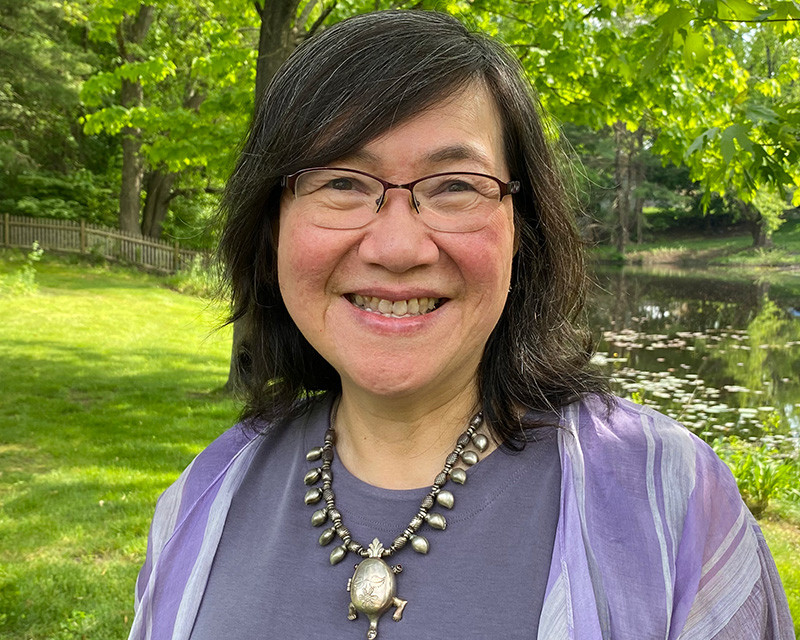Methodology Papers:
- Bryan, Elizabeth; Kovarik, Chiara; Passarelli, Simone; Sproule, Katie. 2015. Research guide for gender-disaggregated analysis of climate change impacts and adaptation. Washington, D.C. and Berlin, Germany: International Food Policy Research Institute (IFPRI) and Federal Ministry for Economic Cooperation and Development (BMZ). http://ebrary.ifpri.org/cdm/ref/collection/p15738coll2/id/129046
- Doss, Cheryl; and Kieran, Caitlin. 2014. Standards for collecting sex-disaggregated data for gender analysis: A guide for CGIAR researchers. http://hdl.handle.net/10947/3072
- Heckert, J. and Fabic, M. S. (2013), Improving Data Concerning Women’s Empowerment in Sub-Saharan Africa. Studies in Family Planning, 44: 319–344. doi:10.1111/j.1728-4465.2013.00360.x
- Peterman, Amber; Schwab, Benjamin; Roy, Shalini; Hidrobo, Melissa; and Gilligan, Daniel. 2015. Measuring women’s decisionmaking: Indicator choice and survey design experiments from cash and food transfer evaluations in Ecuador, Uganda, and Yemen. IFPRI Discussion Paper 1453. Washington, D.C.: International Food Policy Research Institute (IFPRI). http://ebrary.ifpri.org/cdm/ref/collection/p15738coll2/id/129331
- Madrigal, Lucia and Torero, Maximo. 2016. Using quantitative tools to measure gender differences within value chains. In Innovation for inclusive value-chain development: Successes and challenges. Devaux, André; Torero, Máximo; Donovan, Jason; Horton, Douglas (Eds.). Chapter 14. Pp. 441-464. Washington, D.C.: International Food Policy Research Institute (IFPRI). http://dx.doi.org/10.2499/9780896292130_14
- Behrman, Julia; Karelina, Zhenya; Peterman, Amber; Roy, Shalini; Goh, Amelia. 2012. Gender, Agriculture, & Assets Project. A Toolkit on Collecting Gender & Assets Data in Qualitative & Quantitative Program Evaluations. https://gaap.ifpri.info/files/2010/12/GAAP_Toolkit_Feb_14.pdf
Research instruments:
- Women’s Empowerment in Agriculture Index (WEAI)
- Gender, Assets, and Agriculture Project (GAAP) toolkit
Sex-disaggregated datasets:
- nationally-representative Bangladesh Integrated Household Survey (BIHS) 2011-2012
- longitudinal Ethiopian Rural Household Surveys (ERHS), 1989-2009
- longitudinal Philippines, Bukidnon Panel Survey, 2003-2004
- longitudinal Chronic Poverty and Long Term Impact Study in Bangladesh



